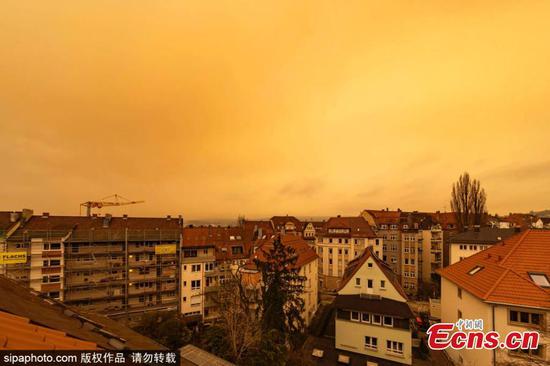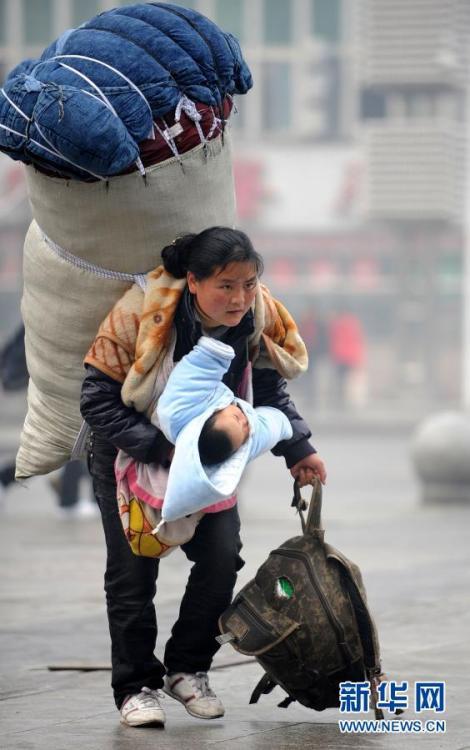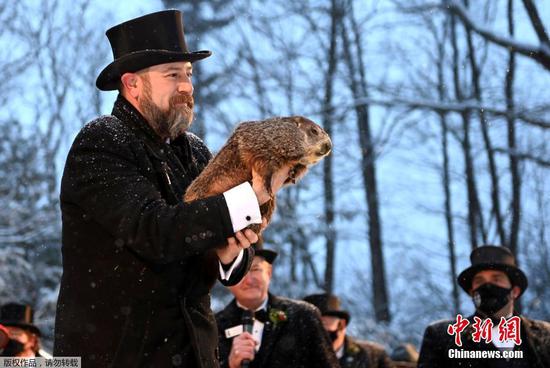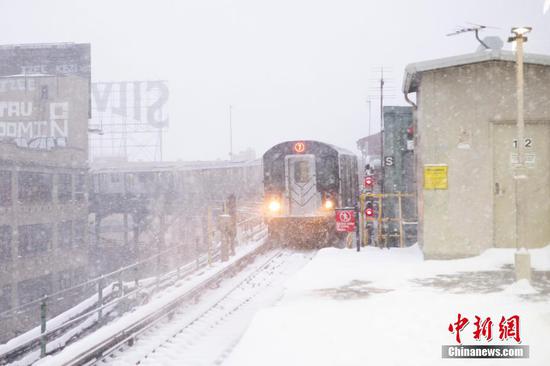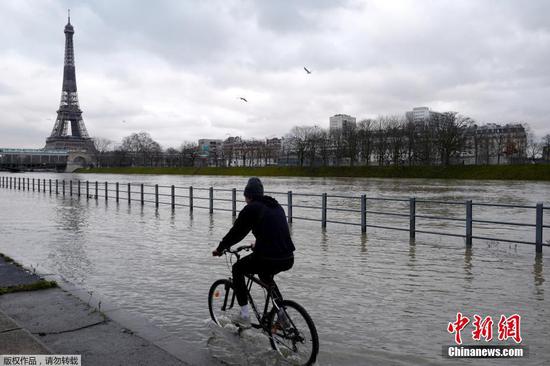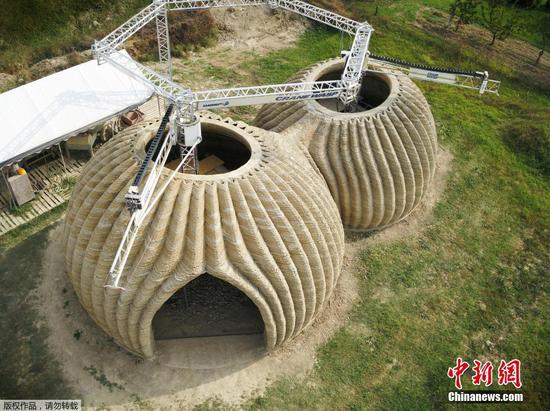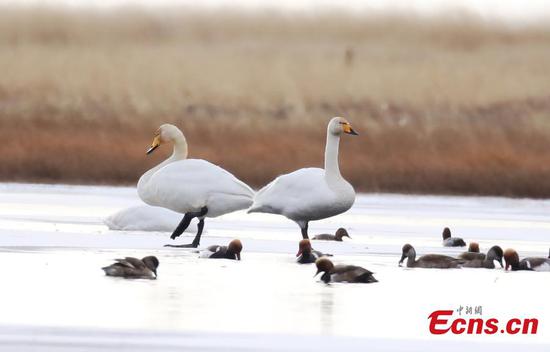U.S. nursing homes and other long-term care facilities in the U.S. are reporting a drop in the number of coronavirus cases and COVID-19 deaths as vaccinations are administered, according to recent data.
Among nursing home residents, weekly cases have declined by 22 percent over three weeks between Dec 20 and Jan 10, according to the Centers for Medicare and Medicaid Services (CMS).
The data show a marked improvement from December, a month of record-breaking highs of cases in states. For the week ending on Dec 20, long-term facilities saw 33,639 weekly confirmed cases and 6,032 deaths.
There were 15,154 confirmed coronavirus cases and 3,888 deaths among nursing home residents for the week ending Jan 24, the fifth straight week of declines, according to the CMS.
Some 2,000 nursing homes are now virus-free, or about 13 percent nationally, according to an industry group, and many are dealing with far fewer cases than before.
"We finally felt we turned the tide around the holiday time," Lee Fleisher, chief medical officer for the CMS, told a vaccine advisory panel of the U.S. Health and Human Services Department on Feb 4. "What we believe is beginning to be shown with this data is now we're seeing the effect of both the interventions, but also the vaccine."
Around 4.6 million vaccine shots have been administered at long-term care facilities nationwide, including more than 3.6 million initial doses and about 1 million second doses, according to the Centers for Disease Control and Prevention (CDC).
A Feb 5 report by the CDC found that while typically 78 percent of residents in more than 11,000 nursing homes nationwide had received a first vaccine shot in the first month of the rollout, only about 38 percent of staff had done so.
Fleisher said surveys show that a big concern among those staff members, many of them paid hourly, is that if the vaccine causes side effects, they will miss work and lose wages.
While new coronavirus cases in the U.S. are on a decline after post-holiday peaks last month, healthcare experts say it is too early for new COVID-19 vaccines to be having an impact.
The positive trend also isn't guaranteed to continue, because new and more transmissible variants threaten to reverse it, according to CDC Director Dr Rochelle Walensky.
"Although we have seen declines in cases and admissions and a recent slowing of deaths, cases remain extraordinarily high, still twice as high as the peak number of cases over the summer," she said last week.
Dr David Grabowski, a professor of healthcare policy at Harvard Medical School, attributed the decline in the virus at nursing homes as partially driven by lower coronavirus rates in surrounding communities, which has meant less transmission by staff at the facilities to residents.
Nursing homes were experiencing record coronavirus cases and deaths in November and December due to high community spread leading into the fall and through the holidays.
More than 153,000 nursing home residents have died of COVID-19, which is 36 percent of the U.S. pandemic death toll as of Feb 4, according to the COVID Tracking Project.
Many of the roughly 2 million people who live at such facilities remain isolated from loved ones.
Long-term care facilities in California have administered 413,338 shots, including 336,161 first doses and 76,253 second doses.
Dr Charlene Harrington, a professor emeritus at the UC San Francisco nursing school, also said a decline of coronavirus infections at nursing homes in California is related to the drop of infections in the community.
California, the nation's most populous state, has had 55,737 cases of the coronavirus at nursing homes, the highest infection rate among all states, according to the CMS.
But according to the California Association of Health Facilities (CAHF), cases dropped 84 percent from 4,509 during the week of Dec 20 to 717 on Jan 17.
"This is very encouraging news because it signals an end to the social isolation of residents and allows more nursing homes to begin planning for indoor visits," said Deborah Pacyna, director of public affairs at the CAHF.















